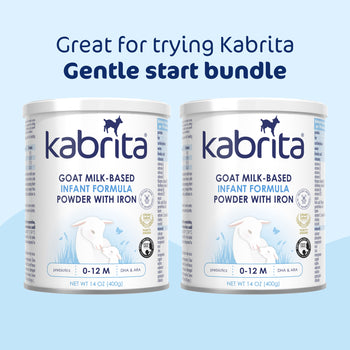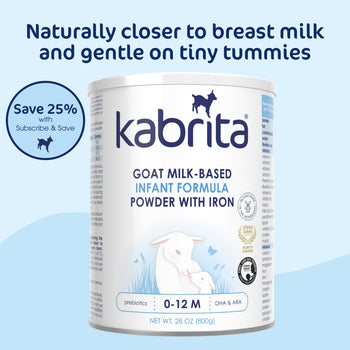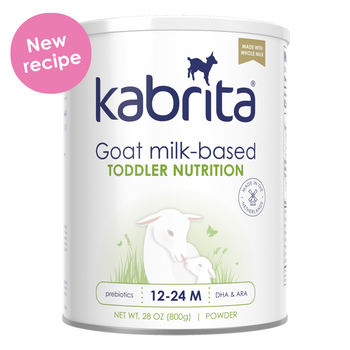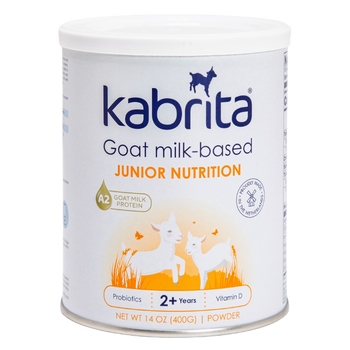BIPOC Parenting Series: Olivia's Story

Today, we are sharing Olivia's story about parenting during a global pandemic and what some are calling the second Civil Rights movement.
Olivia's Story:
To be a mother in the BIPOC community means loving the tones of my baby’s skin, while simultaneously fearing what that beauty means for his future. It means grieving the murder of another mother’s baby as if they were my own, time and time again. It means being haunted by George Floyd’s last words, a plea: “Mama.” We have to fear our babies going out into the world and facing harm like every other mother in existence, but we also have to carry the burden of knowing that there are mothers who can call 911 when their children are in trouble and those who have to think twice because “help” is determined by the color of our skin. It’s to live with the trauma and know that no amount of personal healing can heal the intentions of this country.
Bringing a baby into the world during a global pandemic and then less than 8 weeks in, experiencing what some are calling the second Civil Rights movement is hands down the hardest part of being a BIPOC parent in the United States. All mothers experience the Mama Bear hormone, oxytocin, that sends signals to your brain during perceived danger which gives you an instinctual ability to protect your child. For months, I lived in fight or flight mode— my parasympathetic nervous system constantly in overdrive. I had to protect my baby from the virus and from racism when so many new mothers worried about just one of the two. I used to say I didn’t want children, because I couldn’t handle the possibility of racism taking them away from me; but never in my life, even in my wildest and most terrifying scenarios, did I imagine rocking my newborn to sleep while listening to the sounds of rubber bullets being shot and tear gas being launched into crowds of peaceful protesters screaming, “Black Lives Matter,” and “we are people, too.” No amount of white noise could drown out the fear for my son’s life just a few short weeks after giving it to him.
When I think about the change that I want to see within this country for my children as they grow up, I would like to see acknowledgement and accountability. This is the foundation for change. We can’t move forward with a better future for BIPOC in this country while sweeping injustice under the rug. We must face it head on, actively. It is not easy, but must and can be done. I say this with the little hope I have left in my reserves.
With that, I ask the parents and families outside of the BIPOC community, what are you doing to make sure your children don’t harm my children in the future? How are you educating and exposing yourself, your family, and your children so that the cycles of generational abuse don’t continue?
Lastly, a word that is commonly used to describe people within my community is “strong.” Enduring trauma and continuing on makes one strong, yes, but we never asked to carry our grief as a badge of honor. We are human, too, and we are asking to be seen and treated as human and for the things happening to us to stop being acceptable. We want to be free to raise our children and see them thrive as adults. We no longer wish to survive here in the United States, we want to live.
Kabrita USA BIPOC Parenting Series shares genuine stories written by parents from the BIPOC community. Each story offers a different perspective from their personal parenting experience. To read more stories, please visit our Nourish Blog.



